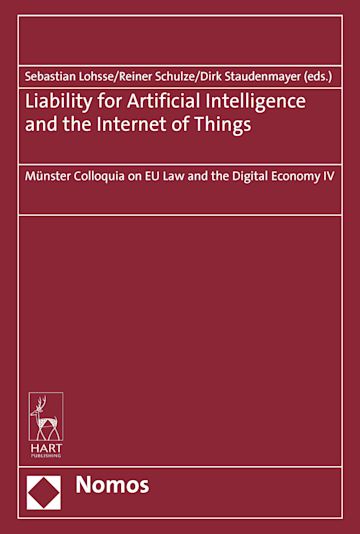Property law is a fundamental aspect of the legal system, governing the various forms of ownership and tenancy in real property and personal property. This area of law provides the legal framework for managing issues related to property ownership, rights, and responsibilities. Understanding the basics of property law is crucial for anyone involved in buying, selling, or managing property.
Types of Property
Property law distinguishes between two main types of property: real property and personal property. Real property refers to land and anything permanently attached to it, such as buildings and structures. Personal property, on the other hand, includes movable items like vehicles, furniture, and electronics. This distinction is important because the legal rules governing each type of property can vary significantly.
Ownership and Title
Ownership in property law signifies the bundle of rights that individuals or entities have in a piece of property. Title is the legal term that refers to the evidence of ownership. It includes the rights to use, control, and transfer the property. Having a clear title is essential, as it ensures that the owner has the legal right to sell or transfer the property without any encumbrances or disputes.
Transferring Property
The transfer of property ownership can occur through various means, such as sales, gifts, inheritance, or adverse possession. Sales are the most common method, involving a transaction where the buyer pays the seller for the property. Gifts and inheritance typically involve the transfer of property without monetary compensation. Adverse possession allows a person to claim ownership of property if they have occupied it for a certain period under specific conditions.
Land Use and Zoning Laws
Land use and zoning laws are critical components of property law that regulate how land can be used. These laws are established by local governments to ensure orderly development and to separate incompatible land uses. Zoning laws divide land into different zones, such as residential, commercial, and industrial, each with specific regulations about what activities are permitted. Understanding zoning laws is essential for property owners and developers to ensure compliance and avoid legal issues.
Easements and Encumbrances
Easements and encumbrances are important concepts in property law that can affect property rights. An easement is a legal right to use another person’s land for a specific purpose, such as a driveway or utility line. Encumbrances are claims or liens on a property, such as mortgages, that can affect the owner’s ability to transfer clear title. Both easements and encumbrances must be considered when buying or selling property, as they can impact the value and use of the property.
Landlord and Tenant Law
Landlord and tenant law governs the rental of property and outlines the rights and responsibilities of both landlords and tenants. Lease agreements are central to this relationship, detailing the terms of the rental arrangement, including rent, duration, and maintenance responsibilities. Landlords must provide a habitable living environment, while tenants are obligated to pay rent and maintain the property. Disputes between landlords and tenants often arise from lease violations or disagreements over property maintenance.
Property Disputes and Resolution
Property disputes can arise from various issues, including boundary disagreements, easement conflicts, and breaches of contract. Resolving these disputes typically involves legal action, such as filing a lawsuit or seeking mediation. Courts interpret property deeds, contracts, and applicable laws to determine the rightful owner or resolve conflicts. Effective dispute resolution requires a comprehensive understanding of property law and the specific facts of each case.
Government’s Role in Property Law
Government regulation plays a significant role in property law, affecting property rights through taxation, land use controls, and eminent domain. Property taxes are levied on real property based on its assessed value and are a major source of revenue for local governments. Eminent domain allows governments to take private property for public use, provided they offer just compensation. These regulatory powers ensure that property use aligns with public interests and community development goals.
Environmental Regulations
Environmental regulations intersect with property law by imposing restrictions on land use to protect natural resources and public health. These laws address issues like pollution control, conservation, and land development. Property owners must comply with environmental regulations, which can affect the value and usability of their land. Non-compliance can result in legal penalties and remediation costs, making it crucial for property owners to understand and adhere to these regulations.
Intellectual Property and Real Property
While property law traditionally deals with tangible assets, it also encompasses intellectual property (IP). IP law protects creations of the mind, such as inventions, literary and artistic works, and symbols. Intellectual property rights give creators exclusive control over their creations, encouraging innovation and creativity. Understanding the interaction between real property and intellectual property law is essential for businesses and individuals looking to protect their assets comprehensively.





